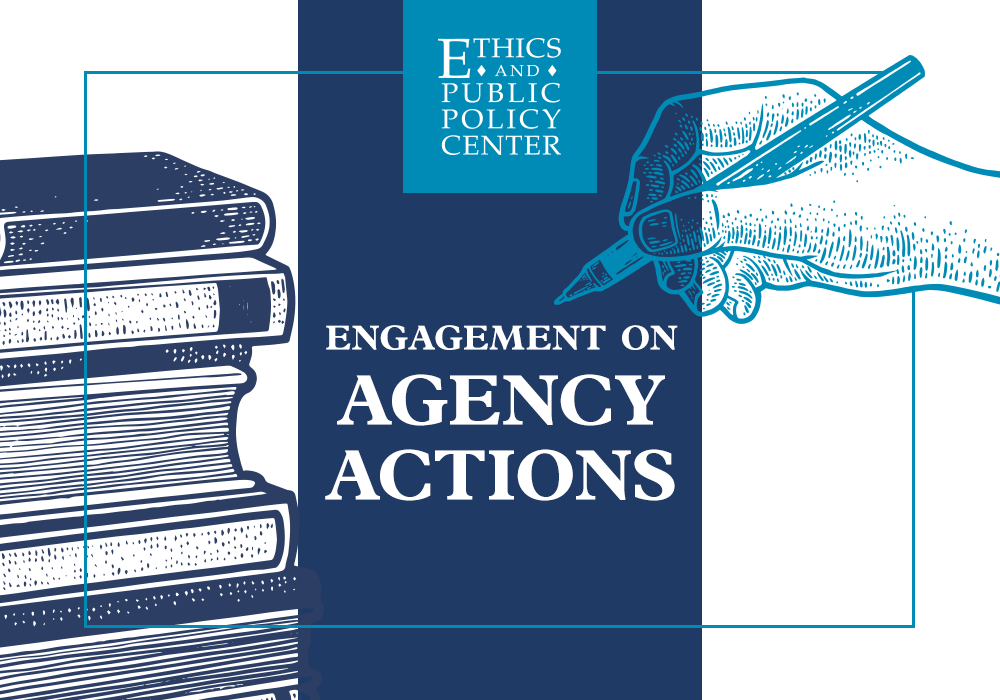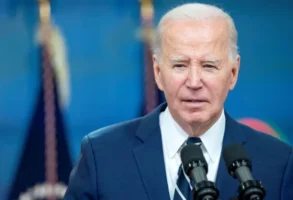
Published February 28, 2024
On Wednesday, February 28, EPPC scholars Eric Kniffin and Natalie Dodson met with federal government officials to opposed Health and Human Services’ proposed HIPAA Privacy Rule regulations, which are expected to be finalized soon.
Though HHS claims these new Privacy Rule regulations are needed because the Supreme Court’s Dobbs decision created “confusion,” the scholars’ comment shows that HHS has not demonstrated that this is the case. But more importantly, the proposed new regulations would make the HIPAA Privacy Rule even more confusing for covered hospitals and medical professionals to navigate.
It would create more confusion by greatly complicating the decision-making process a covered entity must undergo when deciding whether to use or disclose [protected health information].” The proposed rule would introduce new counter-intuitive and difficult terms. It also would qualify these terms in ways that make them almost impossible to understand and apply. It would also add considerable complexity to the decision-making process health covered entities must undergo before complying with requests for PHI, including requests included in subpoenas and court orders.
But the proposed rule does not merely make the Privacy Rule more confusing and complicated. Covered entities would have to navigate this confusion knowing that HHS—the federal agency responsible for writing, finalizing, interpreting, implementing, and enforcing the Privacy Rule—is openly hostile to state efforts to protect unborn human life, protect minors from life-altering “gender transition” procedures, and other related state interests recognized by the Supreme Court in Dobbs v. Jackson Women’s Health Org.
Given the political content in the proposed rule, given the Department’s wide-ranging authority to interpret and enforce these vague rules, and the considerable civil, criminal, and professional consequences that come with an adverse HIPAA determination under the Privacy Rule, we fear that the Privacy Rule would chill health care professionals from cooperating with legal and legitimate state activities that stem from their traditional police powers, which include promoting the public health, morals, or safety, and the general well-being of the community. . . .
Unfortunately, we suspect that this is exactly the point. This administration wants almost limitless access to abortions and “gender transitions.” But Congress and state legislatures have been loud and clear that they fundamentally disagree with this administration’s priorities. So, as those of us in the HHS Accountability Project have seen time and time again, this administration tasks its agencies with giving its constituents legislative “wins” it cannot get through the legislative branch. That makes this proposed rule a profound and glaring abuse of the regulatory process.
A written version of their comments, submitted to the government, is available here (PDF).
Eric Kniffin is a fellow at the Ethics and Public Policy Center, where he works on a range of initiatives to protect and strengthen religious liberty as part of EPPC’s HHS Accountability Project.











